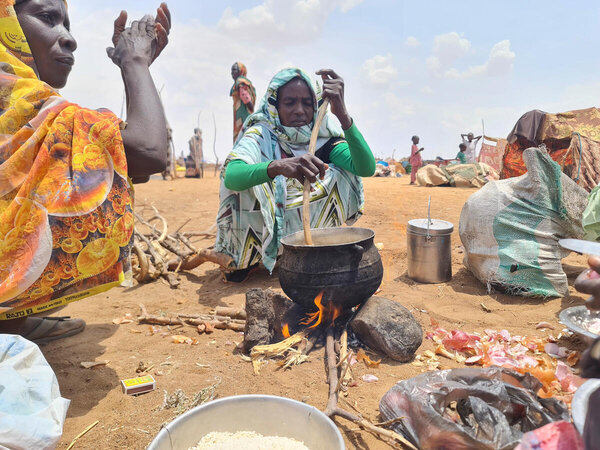A global hunger monitor on Monday confirmed famine conditions in al-Fashir, the Sudanese city taken by the paramilitary Rapid Support Forces (RSF) after a lengthy siege, as well as Kadugli, another besieged city in Sudan’s south.
The finding is the first time the U.N.-backed Integrated Food Security Phase Classification (IPC) has determined that the cities are in famine, though in December it had confirmed famine in camps for displaced people in al-Fashir, capital of North Darfur.
A war that began two-and-a-half years ago between the RSF and the Sudanese army has caused severe hunger and malnutrition to spread across Sudan, as well as displacing millions of people and triggering waves of ethnically charged violence in Darfur.
The IPC is the internationally recognised standard for measuring the severity of hunger crises, and its findings have provoked criticism from Sudan’s government, which is backed by the army.
The IPC’s first determination of famine during the conflict was for the Zamzam displacement camp south of al-Fashir in August 2024.
Al-Fashir was subject to RSF assaults and besieged for about 18 months before it fell late last month, deepening a geographical split in Sudan.
During the siege, residents said food supplies were cut off, forcing people to eat animal feed and sometimes animal hides. Places where people gathered for community kitchen meals were targeted by drone attacks, they told Reuters.
